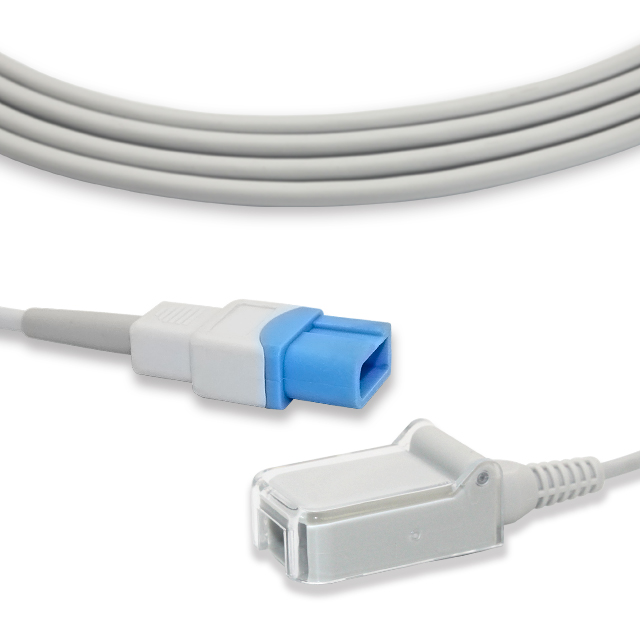News
Site Editor
 Site
https://medke.usa18.wondercdn.com/uploads/image/63d7b0e4f285a.png
A spO2 sensor can monitor the oxygen saturation levels in our blood, and this simple equipment is very important for healthcare settings. This article discusses the importance of SpO2 monitoring for different types of patients present in a healthcare facility.
Site
https://medke.usa18.wondercdn.com/uploads/image/63d7b0e4f285a.png
A spO2 sensor can monitor the oxygen saturation levels in our blood, and this simple equipment is very important for healthcare settings. This article discusses the importance of SpO2 monitoring for different types of patients present in a healthcare facility.
The importance of spO2 monitoring in healthcare settings
Views: 702
Author: Site Editor
Publish Time: 2024-01-15
Origin: Site
A
spO2 sensor can monitor the oxygen saturation levels in our blood, and this simple equipment is very important for healthcare settings. This article discusses the importance of SpO2 monitoring for different types of patients present in a healthcare facility.
The Importance of SpO2 Monitoring In Healthcare Settings
SpO2 monitoring is beneficial for patients going through different situations, and below are details about how these sensors are important for a variety of patients.
-
This monitoring is efficient for the early detection of hypoxemia.
Hypoxemia is a condition where the patient gets low blood oxygen levels, and it can be critical for patients going through respiratory or cardiac issues. When a healthcare facility uses a SpO2 sensor for monitoring their blood oxygen levels, this issue can be detected early on by professionals. This early detection can be critical for saving their life. The sensors can be left attached to patients for consistent monitoring as well.
-
Patients' respiratory conditions can be effectively monitored with this technology.
Patients with conditions like asthma, pneumonia, or COPD can use these sensors to track their respiratory condition. The sensor consistently tracks their blood oxygen level, telling the healthcare professionals if they are breathing effectively or not.
These sensors can also tell professionals if the treatments are working on patients since a change in their blood oxygen level will indicate if the treatment is going right or not.
-
This monitoring is very important after surgeries when the patient is under anesthesia.
When a patient undergoes general anesthesia, their respiratory system can be compromised since they are not in their senses. So, when professionals use this technique to perform surgery on any individual, they may use SpO2 monitoring consistently to ensure that they are tracking the supply of oxygen in their blood.
If a patient does not naturally get ample oxygen while being under general anesthesia, professionals may opt for artificial methods.
-
SpO2 monitoring can help a patient's condition during sedation
SpO 2 monitoring will always be important during the process of sedation due to the fact that it gives a real-time view of the oxygen saturation levels of an individual. Respiratory function can be depressed by sedation, so blood oxygen levels should be continuously monitored to ensure the patient's safety.
Monitoring of SpO2 enables healthcare professionals to notice any drop in oxygen saturation as soon as this happens and can promptly take the required action, which puts an end to hypoxia, among other complications that are associated with decreased levels of oxygen during sedation processes.
-
Healthcare professionals can test response to supplemental oxygen.
Healthcare professionals use spO2 monitoring to determine if a patient’s body responds positively to supplementary oxygen therapy. Professionals can monitor the SpO2 levels to assess how effective supplemental oxygen is and adjust flow rates or concentrations as necessary. It will ensure that each patient receives the correct amount of oxygen to maintain ideal blood oxygen levels for their specific condition.
Medke, Your Professional Solution For SpO2 Sensors and PProducts
Contact Medke to find your best options regarding the
spO2 sensor and its adapter cables. Medke is your professional solution for not only accurate sensors but also for a wide variety of adapter cables.
